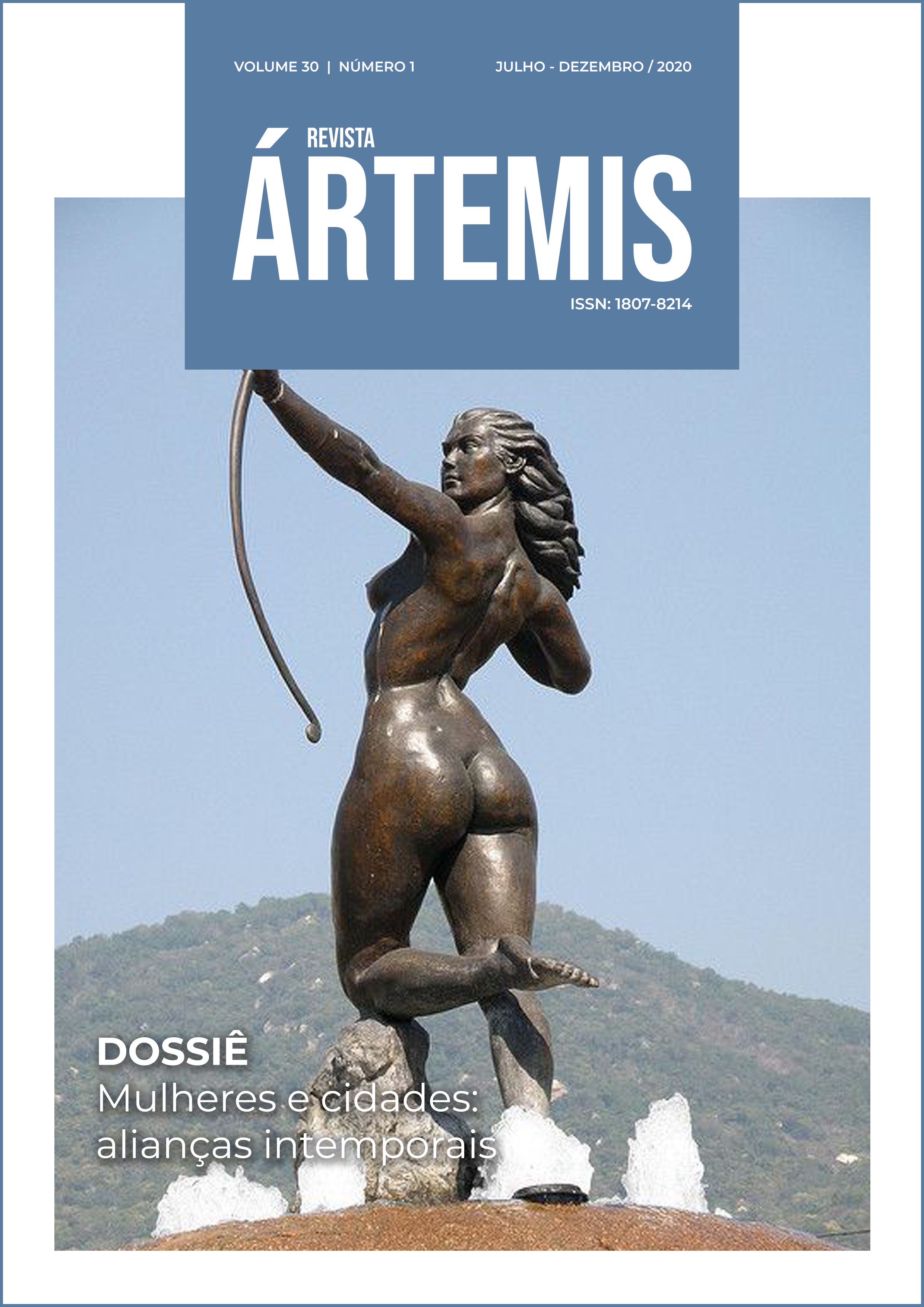Misogyny as political rhetoric: the case of the anti-suffrage movement
DOI:
https://doi.org/10.22478/ufpb.1807-8214.2020v30n1.53123Keywords:
Misogyny, Politics, Feminism, Anti-suffrageAbstract
This work aims to analyze the political uses of misogyny, using as a thematic boundary the dispute for female suffrage, occurred from the end of the 19th century. More specifically, I will examine three tactics used at that time, in the United States, France and Brazil, to incite hatred towards women who were fighting for the vote: (i) the separation women between good ones and bad ones, and the categorization of suffragettes in the last class; (ii) the definition of this group as a threat; (iii) the use of symbolic repression towards the suffragettes’ collective identity. The mobilization of this set of procedures proves that the discourse that ridiculed the suffragettes, more than sexist and disrespectful, can be characterized as misogynistic, since it contributed to a symbolic annihilation of that group of women.







